This project, led by ACE (Action against Child Exploitation), aims to renew global commitments to eliminate child labour (SDG Goal 8, Target 7), which is currently far from realization. Through U.S.–Japan CSO collaboration, the initiative will strengthen advocacy at two key 2025 UN forums: the High-Level Political Forum in July and the Business and Human Rights Forum in November. A core objective is to introduce the Child Labour Free Zone concept as a scalable, area-based solution to combat child labour globally.
Location: Tokyo, Japan
Grant Awarded: $25,000
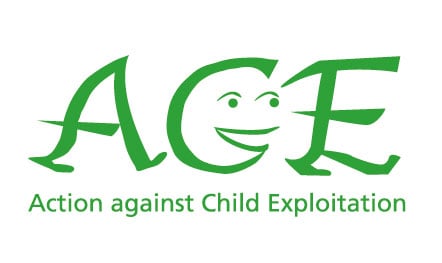
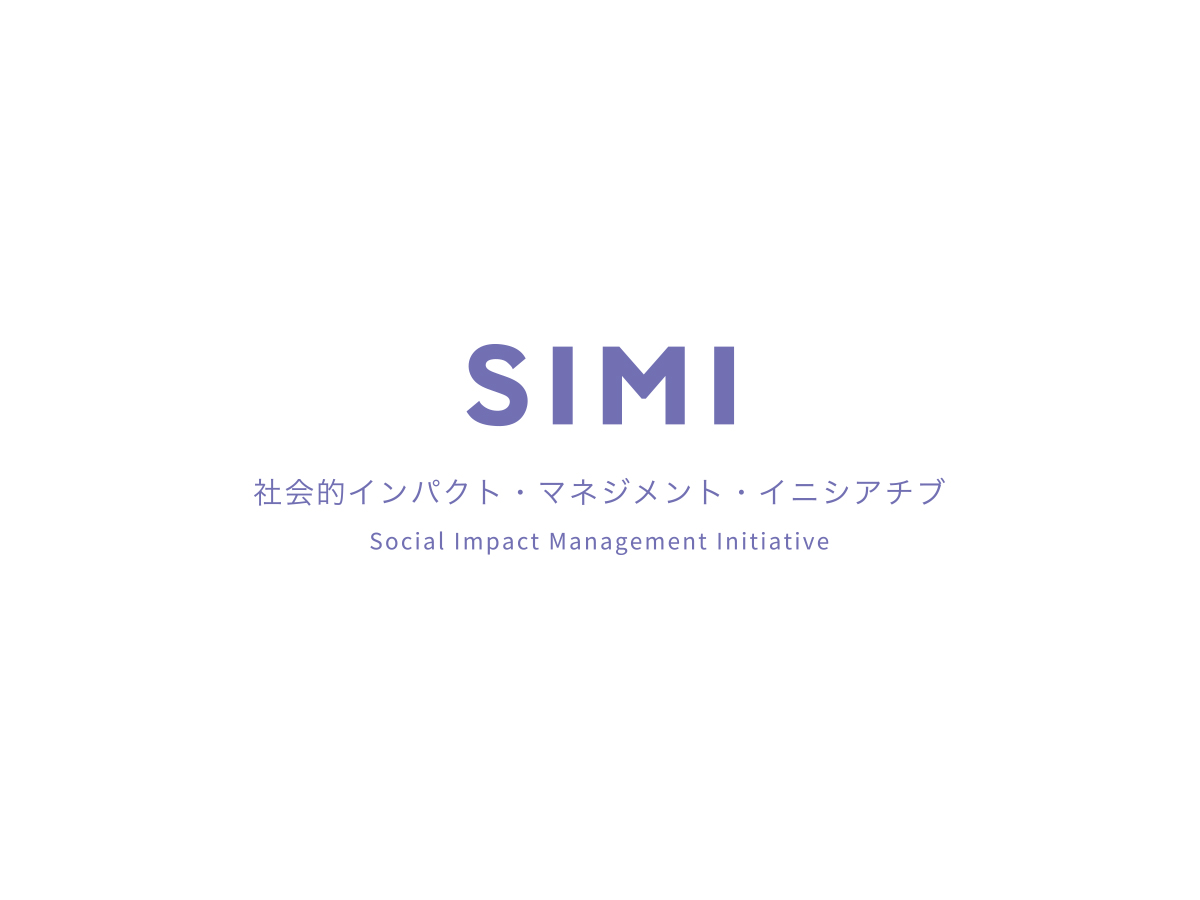
This research, led by SIMI and Keizai Doyukai, explores corporate ESG management models, focusing on integrating social value creation with business activity in Japan and the U.S. It aims to conceptualise how addressing social issues can drive corporate value. Through a literature review of ESG frameworks and comparative case studies (approximately five from each country), the project seeks to propose a new business model that generates synergy between economic and social value.
Location: Tokyo, Japan
Grant Awarded: $90,000
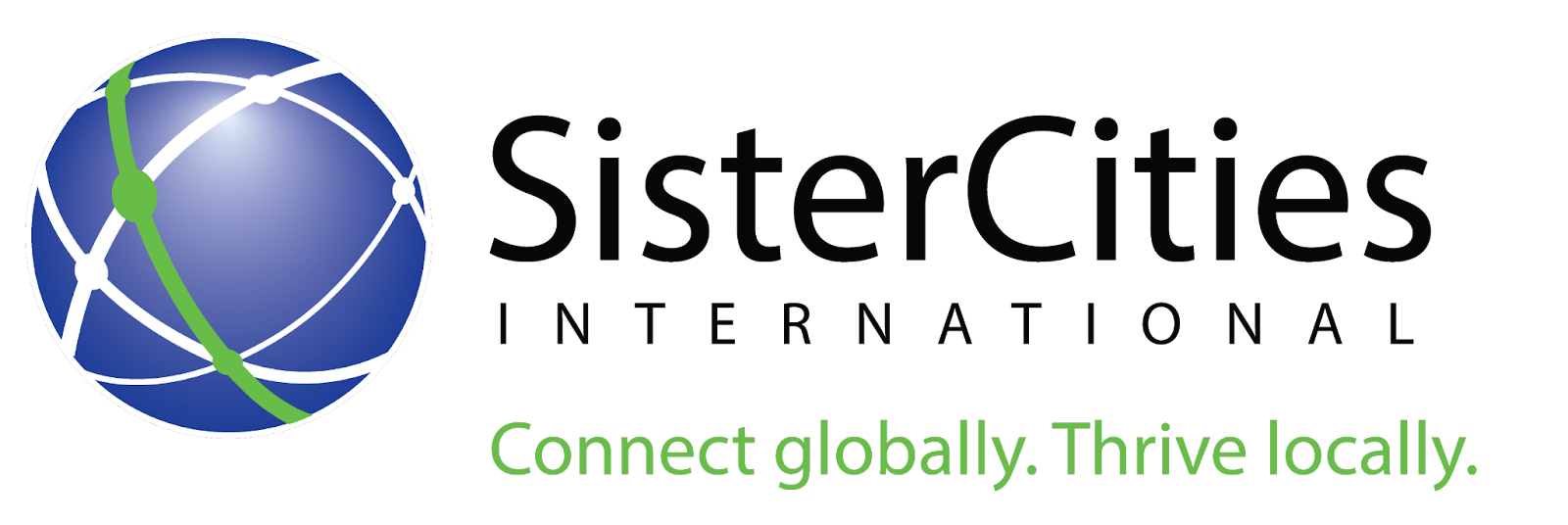
This programme aims to foster innovative city-to-city partnerships as 'living laboratories' to address pressing global issues like climate change, depopulation, and immigration. Through a competitive process, communities will engage in collaborative, cross-border dialogue, leveraging "subnational diplomacy" to create long-term social impact. This initiative builds upon the strong U.S.-Japan relationship and their extensive sister city connections, promoting stability and shared solutions.
Location: Washington, D.C.
Grant Awarded: $55,000
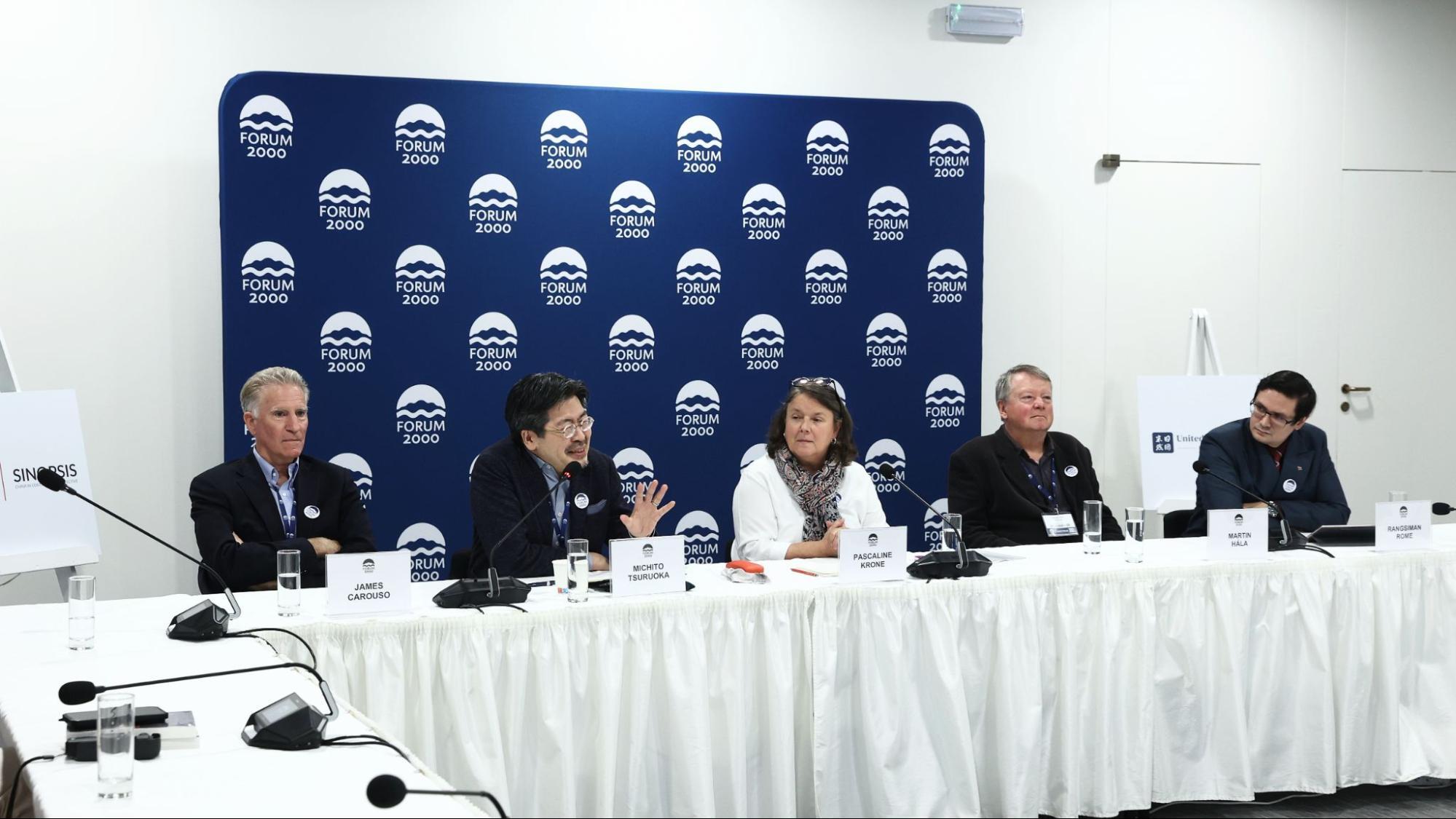
The Forum for Democracy Cooperation (FDC), proposed by Forum 2000, aims to address the global democratic recession by establishing a cohesive, resilient network. FDC will convene high-level democratic stakeholders, including policymakers and civil society, from the US, Japan, and Indo-Pacific in a trusted, neutral space. The goal is to align strategies, reinforce shared values, and develop concrete actions to counter democratic backsliding. The pilot phase launches at the 2025 Forum 2000 Conference in Prague.
Location: Prague, Czech Republic
Grant Awarded: $25,000
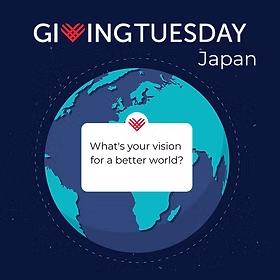
This initiative aims to accelerate the global generosity movement in Japan by establishing a central hub for studying, supporting, and promoting philanthropic activities. It focuses on understanding deeply rooted Japanese traditions and cultures of giving through a digital storytelling campaign, leading to the creation of a public database and the Japanese Wing of the World Giving Library. The project seeks to inform givers and grantmakers, enable civil society leaders and youth, and inspire greater civic action across communities.
Location: Brooklyn, NY
Grant Awarded: $82,620

This project, implemented by Weeds, responds to the recent move toward introducing joint custody in Japan. It aims to reduce parental conflict and protect children’s rights after divorce by developing a culturally appropriate educational program for parents, inspired by U.S. models such as P.A.C.T. The initiative involves gathering voices and needs from 100 families, including 50 low-income and other diverse households, while providing free support to them. It also disseminates the findings to raise public awareness, improve support systems in Japan, and promote mutual understanding between Japan and the United States.
Location: Chiba, Japan
Grant Awarded: ¥3,000,000
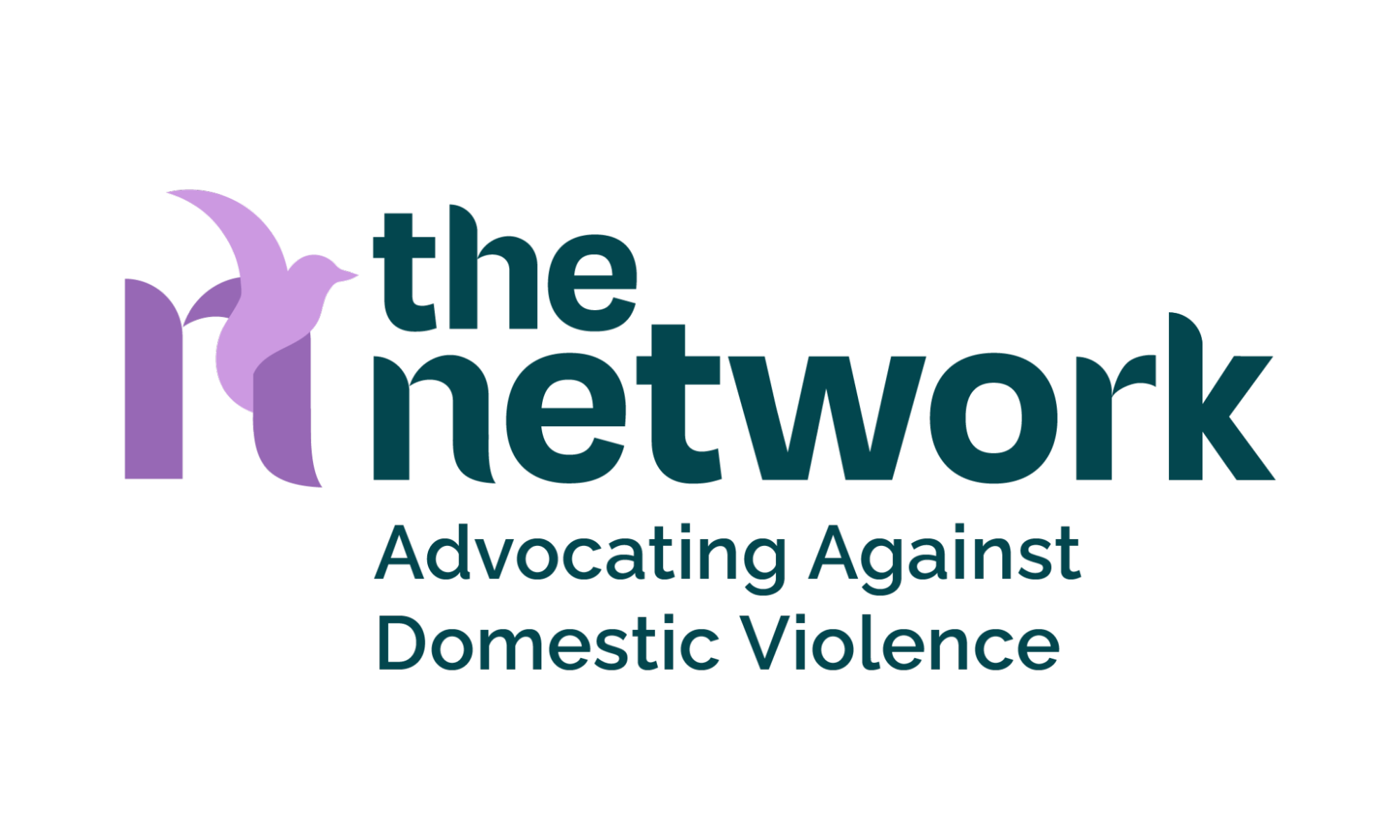
This initiative funds a social service professional's participation in the Chicago Sister Cities exchange delegation traveling to Osaka, Japan (September 27th–October 5th). The core objective is to confront gender-based violence (GBV) and learn Japanese best practices in social services, aging, and prevention. Learnings from the 7-day exchange, which includes site visits to organizations like Shion Gakuen and Kamagasaki Support Organization, will inform the funding and design of a new co-located housing and services center for GBV survivors in Chicago.
Location: Chicago, IL
Grant Awarded: $2,595.11

This project produces a book-length monograph analyzing Japan’s emergence as a leader in economic security and its implications for U.S.-Japan relations. It offers the first comparative study of how Japan, South Korea, and Taiwan develop novel economic security policies. The research delves into their economic dependence on China, U.S. security ties, and the evolving economic order amidst U.S.-China competition, providing an in-depth analysis of emerging economic security toolkits.
Location: Washington, D.C.
Grant Awarded: $180,000 over three years

